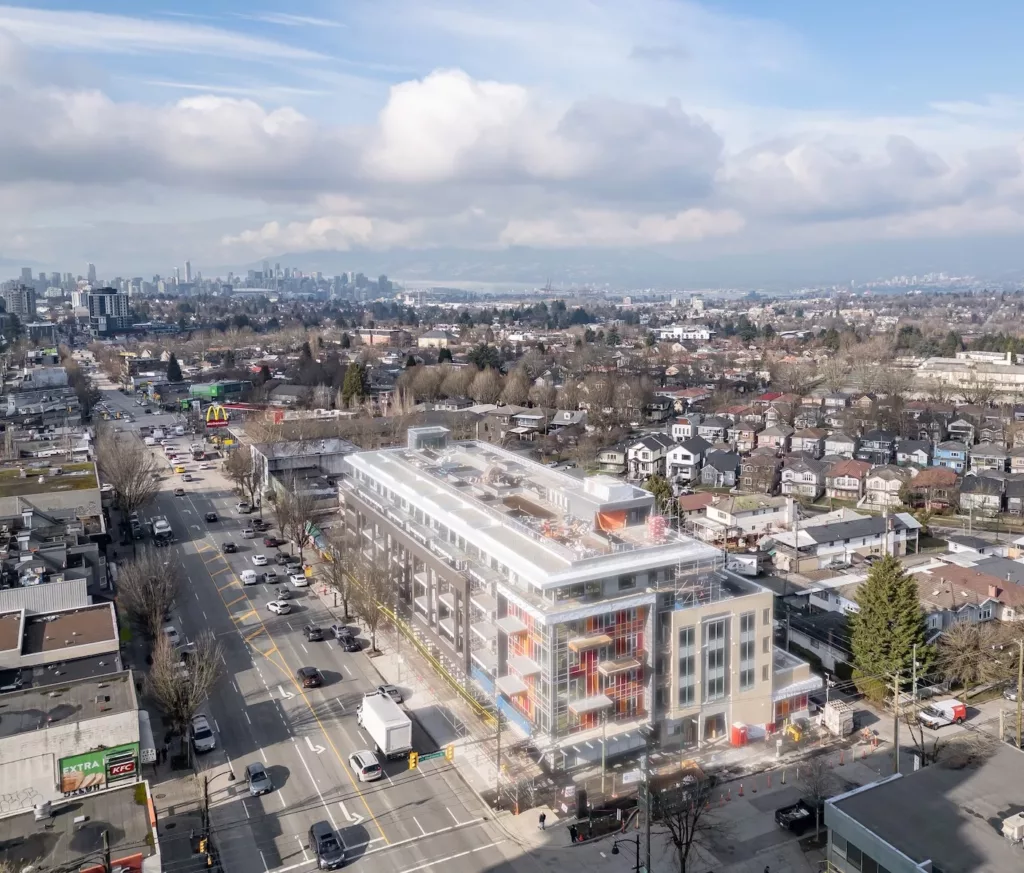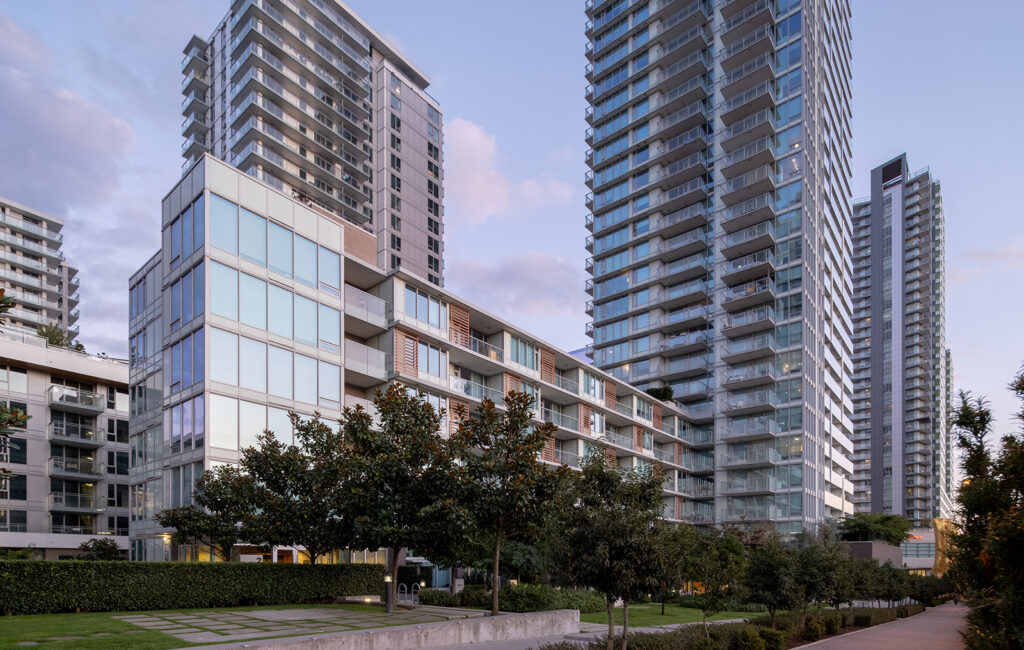
Close proximity to: All Downtown Campuses, BCIT, Alexander, LaSalle, VCC, Emily Carr

Close proximity to: All Downtown Campuses, Langara College, ECU, VCC, BCIT, UBC

Close proximity to: All Downtown Campuses, Langara College, KPU, BCIT, UBC

Close proximity to: All Downtown Campuses, Langara College, KPU, BCIT, UBC

Close proximity to: All Downtown Campuses, SFU, BCIT, CapilanoU, LaSalle College

Close proximity to: All Downtown Campuses, UCW, VFS, UBC, VCC, Emily Carr University
4589 Gladstone St, Vancouver, BC V5N 2T4, Canada
GEC King Edward, 431 W King Edward Ave, Vancouver, BC V5Y 2J3, Canada
Close proximity to: All Downtown Campuses, Langara College, ECU, VCC, BCIT, UBC
-->7657 Cambie St, Vancouver, BC V6P 3H8, Canada
8101 Nunavut Ln, Vancouver, BC, Canada
438 Gamma Ave, Burnaby, BC V5C 2K9, Canada
1311 Howe St, Vancouver, BC V6Z 2P3, Canada
Convenience is key at GEC Kingsway, where daily amenities are just steps away from your doorstep. Whether it’s grabbing a quick bite to eat or picking up essentials, everything you need is within easy reach, including access to most major schools within 30 minutes by transit.
Designed with input from over 10,000 GEC residents, GEC King Edward sets a new benchmark for upscale off-campus living in Vancouver.
GEC Pearson, home to over 2,000 students annually, stands as one of the city’s largest and most vibrant student communities. It is the preferred off-campus student apartment option for students seeking to expand their network beyond their school.
Featuring a range of private apartments from studios to two-bedroom townhouse units, this highly sought-after student residence is a popular choice for students who are coming to study with their families, friends, or pets.
Featuring some of the largest one-bedroom and two-bedroom units among all GEC residences, GEC Burnaby Heights offers one of the most comfortable shared student living experiences at GEC.
GEC Viva is currently undergoing a $7 million renovation, offering a refreshing student accommodation experience with updated modern amenities in Downtown Vancouver.